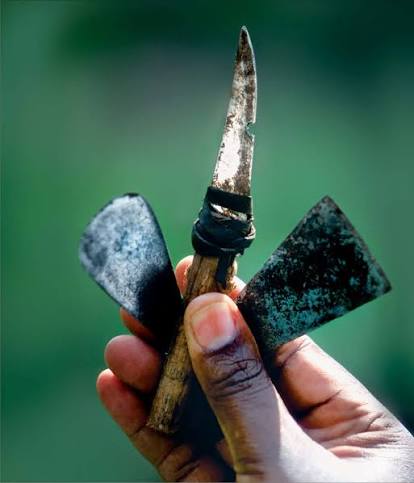
Olusegun Adeyemo
The United Nations Children’s Fund (UNICEF) has revealed that Nigeria holds the third-highest number of female genital mutilation (FGM) cases globally.
UNICEF reports that approximately 20 million women and girls in Nigeria have undergone FGM, a deeply harmful practice.
Celine Lafoucriere, Chief of UNICEF’s Lagos Field Office, shared this alarming statistic during a two-day media dialogue held on Wednesday in Benin City. The event was organized by the Oyo State Ministry of Information to raise awareness and strengthen advocacy efforts aimed at ending FGM in Nigeria.
“This number is staggering and impossible to ignore. Most girls experience this trauma before their fifth birthday—an age when they are completely powerless, unable to consent or understand what is being done to them,” Lafoucriere emphasized.
Despite the practice being illegal in Nigeria, it persists in many communities, sustained by cultural myths and traditions that must be challenged and rejected.
“No tradition or culture should ever come at the expense of girls’ health, rights, or futures,” she added.
Lafoucriere also highlighted progress through collaborative efforts between the Federal Government of Nigeria and UNICEF, noting that media participation is crucial in driving change and ending FGM nationwide.
“FGM is not a choice; it is a violation inflicted upon women and girls,” she stressed.
Rotimi Babalola, Permanent Secretary at the Ministry of Information, underscored the media’s pivotal role in setting public agendas and called for increased efforts to ensure all seven states under UNICEF’s coverage completely eradicate FGM.
Aderonke Olutayo, Sexual and Reproductive Health Consultant specializing in FGM, urged that men and parents be actively involved in the campaign, pointing out that men’s exclusion from these conversations hinders progress.
“Men are key decision-makers in families. Without male champions, acceptance of FGM continues,” she explained.
Olutayo also cited challenges in reporting and prosecuting FGM cases, including fear of retaliation, lack of confidential reporting systems, minimal legal action, and survivors’ fears of stigma and social exclusion.
